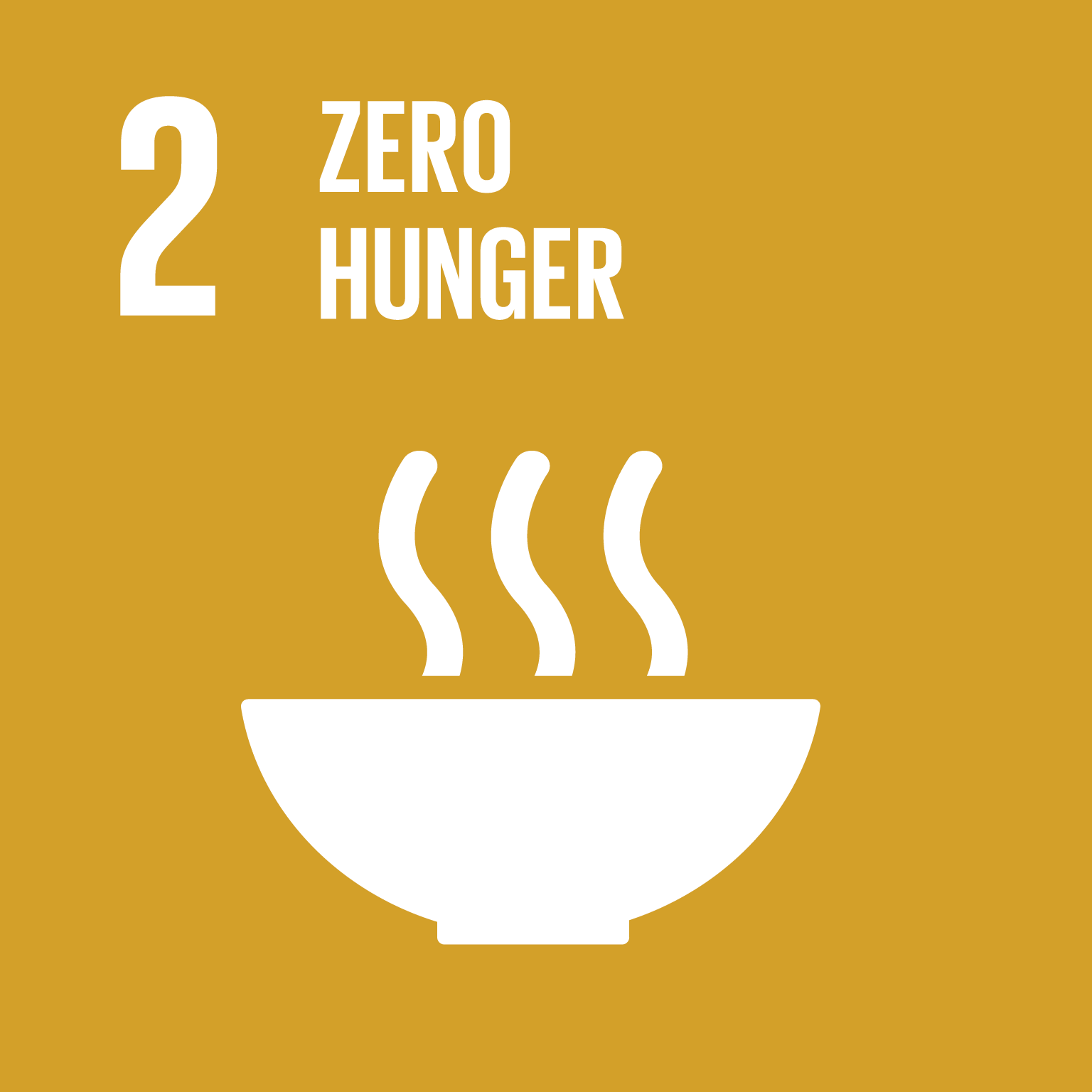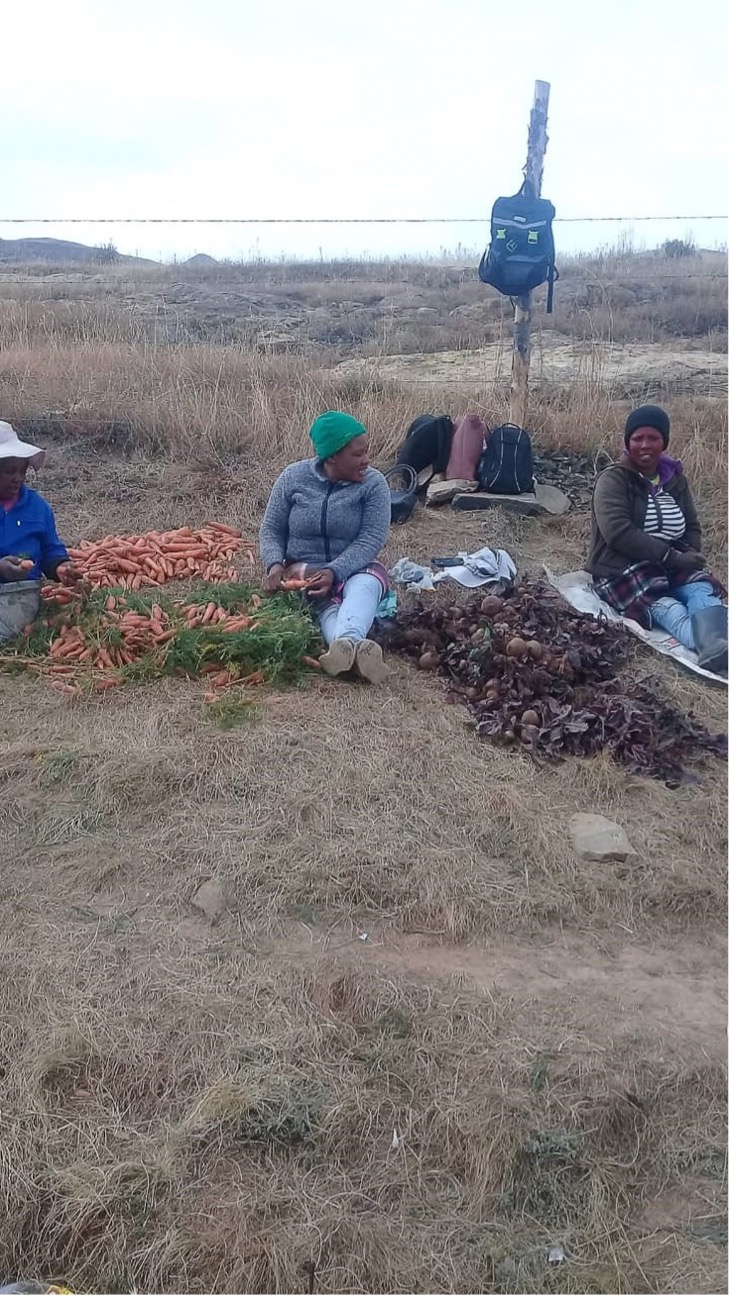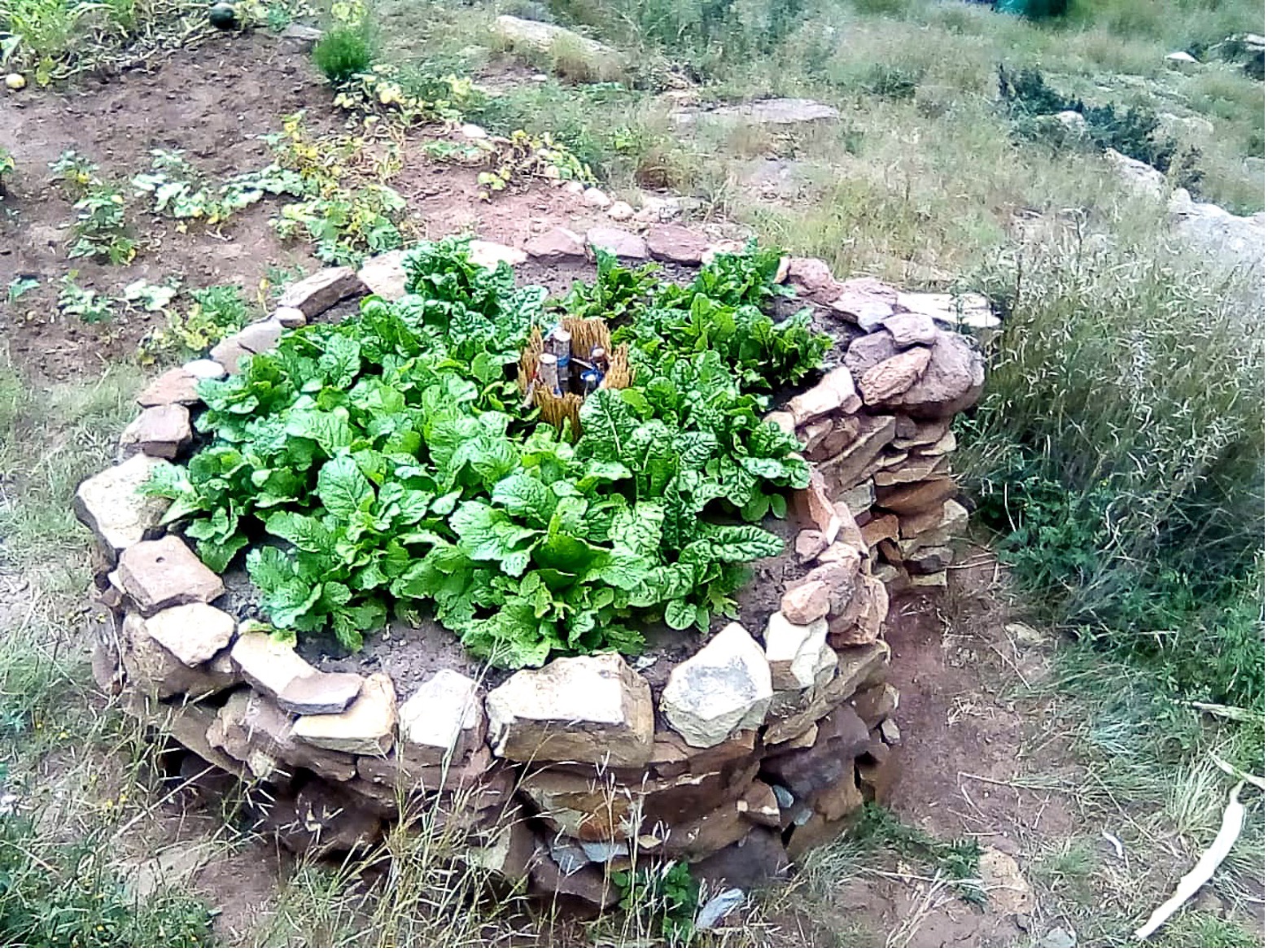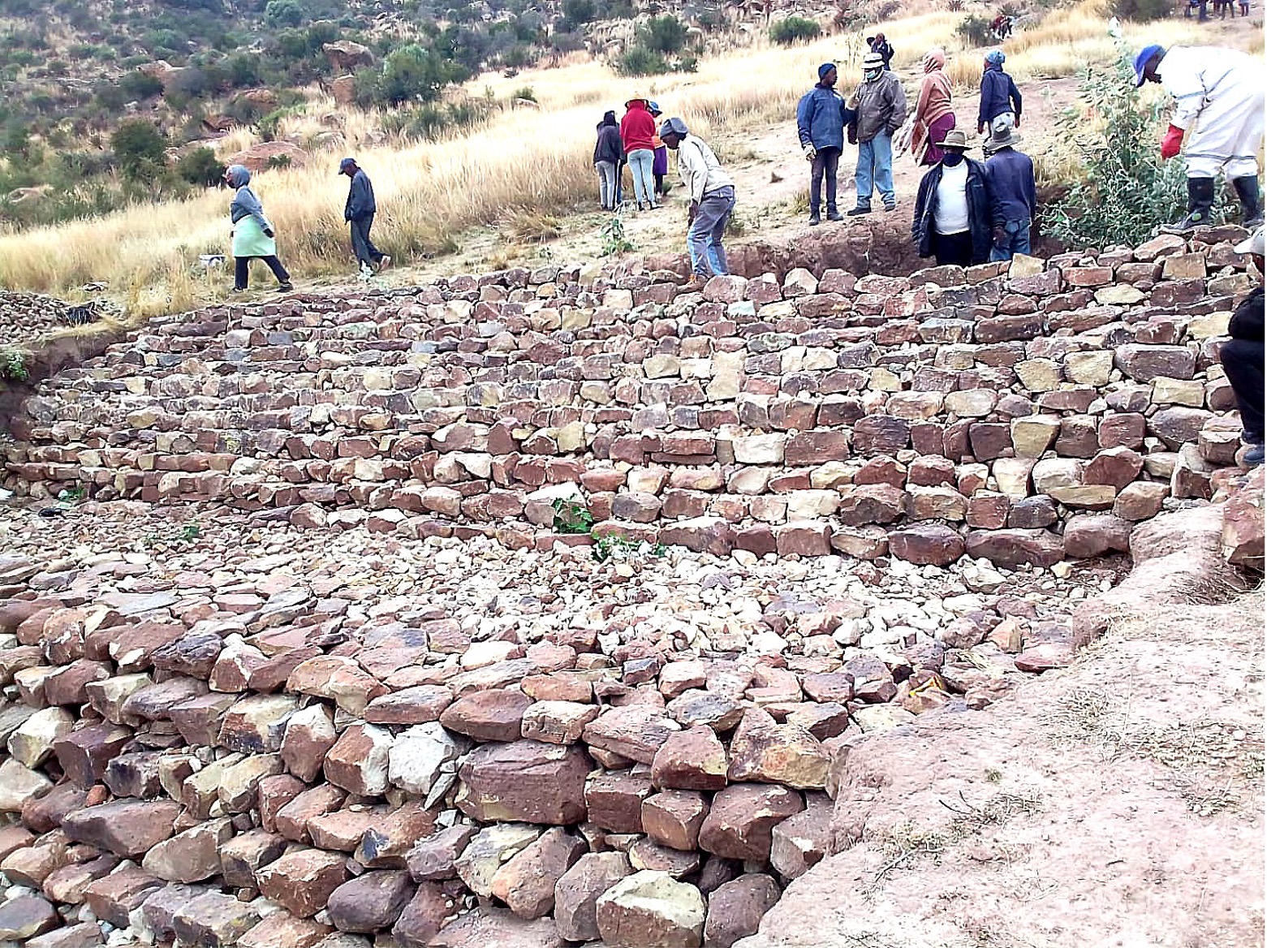 Lesotho and Ethiopia Knowledge Exchanges for Resilience and Shock-responsive Social Protection
Enhancing social protection programmes, including shock-responsiveness and public works for the most vulnerable
Lesotho and Ethiopia Knowledge Exchanges for Resilience and Shock-responsive Social Protection
Enhancing social protection programmes, including shock-responsiveness and public works for the most vulnerable

Challenges
Lesotho, a least developed country, has deep poverty, food insecurity and chronic malnutrition problems. Almost one out of every two people in Lesotho lives below the national poverty line, with more than one in three people below the national food poverty line (extreme poverty) of M138 per adult a month. Lesotho is the 10th most unequal country in the world1.
Poverty is compounded by food insecurity caused by the effects of climate change, including droughts and floods2. As of May 2020, 500,000 people were at risk of food insecurity due to drought in Lesotho3. Before this time, the impact of adverse climatic conditions on agricultural production placed more than 700,000 people in food insecurity in 2015/16, while over 200,000 people needed humanitarian assistance in 2017.
In view of these ongoing challenges, Lesotho sought to learn from the experiences of Ethiopia in resilience and shock-responsive social protection policies and programmes.
Towards a Solution
In view of these challenges, the government of Lesotho assists vulnerable populations through a social protection programme known as Fato-Fato, which includes public works programmes, through cash-based transfers and income generating activities. Since 2015, the World Food Programme (WFP) has been supporting the government of Lesotho in enhancing the shock responsiveness of Fato-Fato to respond to increasing shocks by leveraging the experience of the government of Ethiopia with the Productive Safety Net Programme (PSNP) through South-South and triangular cooperation (SSTC). Ethiopia has long-standing experience using the PSNP as a social protection programme that integrates public works, food security and nutrition approaches. Its public works promote resilience building in view of mitigating a wide range of hazards, particularly droughts and floods, which have a significant impact on the food security and nutrition of local populations4.
A 2015 study visit of the Ministry of Social Development (MSD) of Lesotho to the Ministry of Agriculture and Natural Resources (MoA) in Ethiopia aimed to learn about the PSNP social protection policies and programmes, such as shock-responsive social protection (including cash for work programmes, food for assets and more) and disaster management strategies/interventions.
The mission enabled dialogue between both countries, which provided the government of Lesotho with insights on how to improve the quality of Fato-Fato’s public works programmes and witness first-hand how shock-responsive social protection benefits the most vulnerable.
As a follow up to the mission, WFP supported the government of Lesotho in incorporating the knowledge acquired in Ethiopia by providing technical assistance and supporting the development of a national resilience framework for integrated programming for communities' livelihoods. The framework incorporates lessons learned from the Ethiopian PSNP model, as well as WFP’s participatory planning and programming tool known as the 3-pronged approach (WFP 3PA) – a corporate tool to strengthen the design, planning and implementation of programmes in resilience building, safety nets, disaster risk reduction and preparedness.
The South-South partnership continued in 2019, when WFP facilitated a second mission from officials of the Ministry of Forestry Range and Soil Conversation (MFRSC) from Lesotho to Ethiopia to learn about the public works element of the PSNP, which provides cash for work and food‐based payments. Among key activities, local communities in Ethiopia were encouraged to work on the conservation of soil and water structures, which helps build resilience against climate shocks.
This second mission enabled a dialogue between ministry officials in Lesotho and Ethiopia on key topics, including how to implement public works initiatives and engage government partners in the process of scaling up social protection programmes such as the PSNP. Discussions with peers in Ethiopia, along with WFP’s technical assistance, helped the MFRSC of Lesotho to realize the need to develop guidelines for the implementation of public works programmes, and reinforced the willingness to scale up the public works programme as a safety net to increase resilience at the community level. For instance, the government of Lesotho learned about greater benefits that prolonged assistance for the public works programme may have on the people it serves, allowing more time to save and pay back debts incurred, as well as sustain their families through food and other basic needs.
As a follow-up activity to the mission, WFP deployed a public works expert from WFP country office Ethiopia to Lesotho to assist the MFRSC in designing and executing appropriate soil and water conservation techniques to strengthen country capacities in this area. This support provided by WFP enabled interlinkages between the work that WFP, other development partners and line ministries do on Fato-Fato initiatives, including integrated catchment management (a government programme for natural resource conservation). The series of South-South exchanges between Ethiopia and Lesotho also helped to create a strong network between peers in the governments of both countries.
In 2020, the MFRSC continued its dialogue with the MoA in Ethiopia, with support from WFP, in order to respond to crises, including the COVID-19 pandemic, through social protection programmes. The support to the MFRSC enabled sourcing of multi-year funding from the European Civil Protection and Humanitarian Aid Organization (ECHO) for the execution of resilience-building programmes improving the adaptive capacity and livelihoods of vulnerable and food insecure populations in Lesotho.
To date, the collaboration with Ethiopia, combined with complementary technical assistance from WFP, contributed to improving the following areas: 1) The technical knowledge of the government of Lesotho in implementing resilience-building, public works, DRR and EPR initiatives. 2) Supported advocacy and policy support for a national resilience framework and public works guidelines which resulted in political commitment to food security and nutrition. 3) Supported a network of experts for implementation and promoted their international connections. 4) Facilitated the mobilization of resources for food security, resilience building and social protection by tapping into the Humanitarian Response Plan in Ethiopia. This collaboration has contributed to SDG 2 (Zero hunger), SDG 13 (Climate Action), and SDG 17 (Partnerships for the goals). In addition, the collaboration has addressed the Istanbul Programme of Action (IPoA) priority areas 1 (Productive capacity), 2 (Agriculture, food security and rural development), 5 (Human and social development), 6 (Multiple crises and other emerging challenges) and 7 (Mobilizing financial resources for development and capacity-building).
Contact Information
Countries involved
Supported by
Implementing Entities
Project Status
Project Period
Primary SDG
Secondary SDGs
Similar Solutions
| NAME OF SOLUTION | Countries | SDG | Project Status | |
|---|---|---|---|---|
A Billion Brains: Smarter Children, Healthier Economies High Level Meeting on South-South Cooperation for Child Rights |
Ethiopia, Germany, Lesotho | 17 - Partnerships for the Goals | Completed | View Details |
Accelerating the Transformational Shift to a Low-Carbon Economy in Mauritius Towards supplying 35 percent of the country’s energy needs with renewables by 2025 |
Ethiopia, Germany, Lesotho | 05 - Gender Equality 09 - Industry, Innovation and Infrastructure 13 - Climate Action | Ongoing | View Details |
Accelerator Labs Network Following collective intelligence methods to address emerging sustainability challenges and the growing demand for local solutions |
Ethiopia, Germany, Lesotho | 08 - Decent Work and Economic Growth 13 - Climate Action | Ongoing | View Details |
ACP Business-friendly Supporting business-friendly and inclusive national and regional policies, and strengthening productive capabilities and value chains |
Ethiopia, Germany, Lesotho | 08 - Decent Work and Economic Growth 17 - Partnerships for the Goals | Ongoing | View Details |
Adaptation for Smallholder Agriculture Programme Establishing better working conditions for smallholder farmers through the use of good practices and new technologies |
Ethiopia, Germany, Lesotho | 08 - Decent Work and Economic Growth 11 - Sustainable Cities and Communities 13 - Climate Action 15 - Life on Land | Ongoing | View Details |


